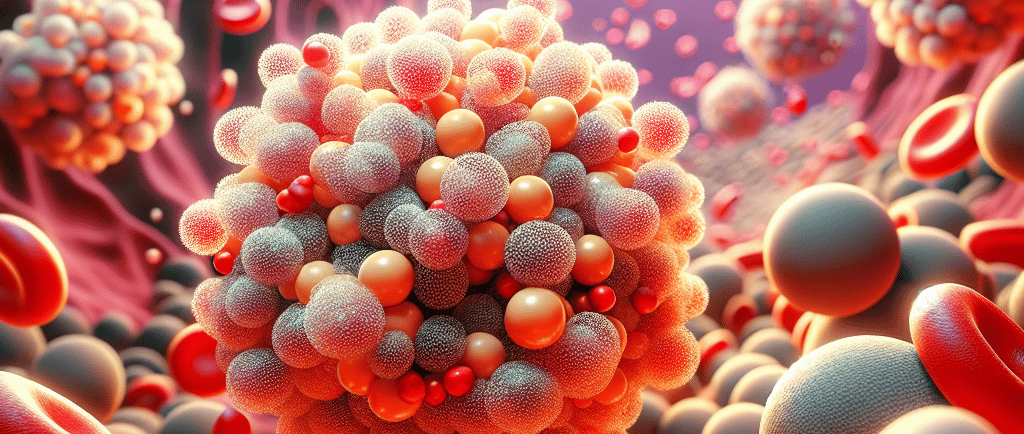"Uncover the truth behind the groundbreaking discovery of the causes of the world's biggest problems. 'The Root Causes' will change how you view the world!"
Understanding the Link Between Arterial Plaque and Heart Disease
Heart disease, the leading cause of death globally, is often driven by the buildup of arterial plaque, which leads to atherosclerosis. This thick, waxy substance accumulates on artery walls, restricting blood flow and raising the risk of heart attacks and strokes. Plaque formation begins when the endothelium (inner artery lining) is damaged by factors such as high blood pressure, smoking, diabetes, or high small dense oxidized LDL cholesterol levels. Once damaged, small dense oxidized LDL cholesterol enters the artery walls, oxidizes, and triggers an inflammatory response, causing plaque to form. Over time, plaque thickens and narrows arteries, increasing the risk of cardiovascular diseases. Understanding this process is essential for maintaining heart health and preventing cardiovascular disease.
DISEASES
Glenn Rosaroso Vale, BSMT, MS(IT), MBA
12/4/20241 min read


Introduction to Arterial Plaque
Heart disease is a leading cause of mortality worldwide, with one of its primary contributors being the buildup of arterial plaque. This thick, waxy substance accumulates within the walls of arteries, leading to a condition known as atherosclerosis. Understanding how arterial plaque leads to heart disease is vital for individuals aiming to maintain their cardiovascular health.
How Arterial Plaque Forms
Arterial plaque is primarily composed of cholesterol, fatty substances, cellular waste products, and calcium. The formation begins when the inner lining of the arteries, also known as the endothelium, becomes damaged. This damage may be caused by factors such as high blood pressure, smoking, diabetes, or high cholesterol levels. Once the endothelial layer is compromised, small dense oxidized LDL (low-density lipoprotein) cholesterol enters the arterial wall, where it undergoes oxidation. This triggers an inflammatory response, leading to the accumulation of more small dense cholesterol, immune cells, and other substances, which collectively form plaque.
The Impact of Plaque on Heart Health
The presence of arterial plaque significantly impacts cardiovascular health in several ways. First, as plaque accumulates, it narrows the arteries, reducing blood flow to the heart and other vital organs. This reduced flow can lead to chest pain (angina) and, in severe cases, heart attacks. Additionally, unstable plaque can rupture, forming a blood clot that completely obstructs the artery, resulting in a heart attack. The relationship between plaque buildup and heart disease underscores the importance of preventive measures such as a balanced diet, regular exercise, and routine health screenings, which can help mitigate the risk factors associated with plaque formation.
Health
Understanding illness to empower your well-being journey.
Wellness
Knowledge
info@rootcauseprevention.com
903-268-6664
© 2024. All rights reserved.
grfv@sbcgloal.net